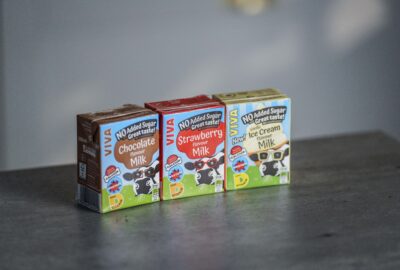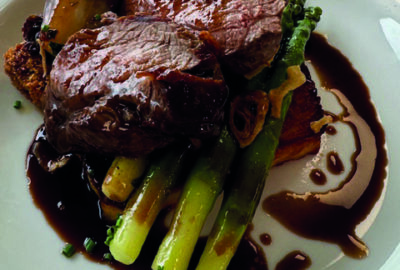This year, the annual Meals on Wheels awareness event (2-6th
November) is recognising and celebrating the extraordinary contribution of frontline Meals on Wheels services and thanking them for their dedication.
In 1943 the UK Meals on Wheels service was set up to deliver meals to individuals at home unable to purchase or prepare their own. Now, 77 years later, the value and need for the service has never been stronger.
The onset of COVID-19 and lockdown brought about an increase in demand of around 20-30%, made up of both new customers and existing customers
increasing the number of meals ordered. Meals on Wheels teams up and down the country responded agilely and selflessly to the increase in demand and the operating changes required to be COVID-compliant, ensuring customers continued to receive a seamless, safe and life-quality-enhancing service.
From established meals on wheels services to the lunch clubs unable to welcome their guests and the closed pubs, restaurants and cafés that transferred their skill and facilities, to mention just a few, they’ve all worked tirelessly to deliver nutritious food to those in need. They’ve also innovated to ensure those that are isolated benefit mentally and emotionally from a friendly smile and a chat to make sure they’re doing ok, all within the social distancing guidelines.
The National Association of Care Catering (NACC) is a longstanding champion of Meals on Wheels. Its annual Meals on Wheels Week spotlights the vital service that delivers delicious nutritious food and offers friendly human interaction and wellbeing checks – vital ingredients that allow the vulnerable to live independently in their own homes.
MORE THAN JUST A MEAL
The Meals on Wheels service is so much more than just a meal. It keeps the elderly and vulnerable living independently in their own homes nourished and hydrated with a nutritious daily meal (in many cases the only one they will have each day) and provides an essential preventative service that reduces costly malnutrition-related admissions to hospital that are adding to the terrible strain on the NHS.
For the majority of service users, it’s a social lifeline that eases the
devastating effects of isolation and loneliness. The delivery of a meal brings regular human contact, which for many may be the only interaction they enjoy. It also provides much-needed wellbeing and safety checks, again, crucial for those that may not see anyone else during the day.
MEALS ON WHEELS WEEK SPOTLIGHT
The value of the Meals on Wheels services in alleviating malnutrition,
social isolation and loneliness must not be underestimated. To capture this, the NACC has put together a series of case studies for Meals on Wheels
Week that demonstrates the incredible contribution of Meals on Wheels provision throughout the pandemic and beyond.
Visit www.thenacc.co.uk to read the inspiring case studies.



